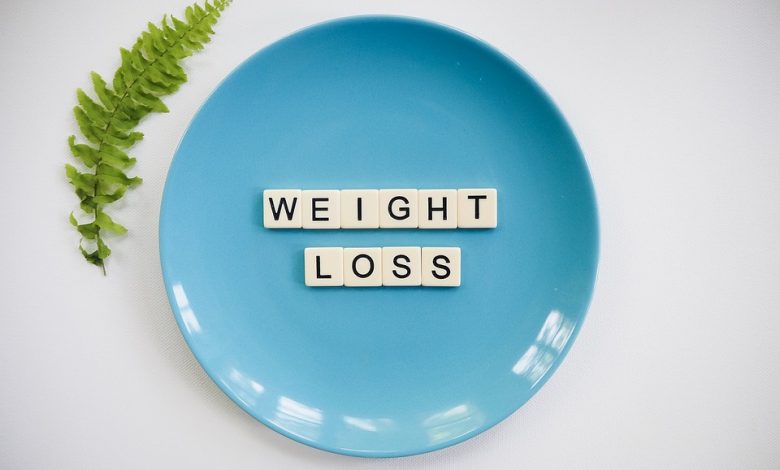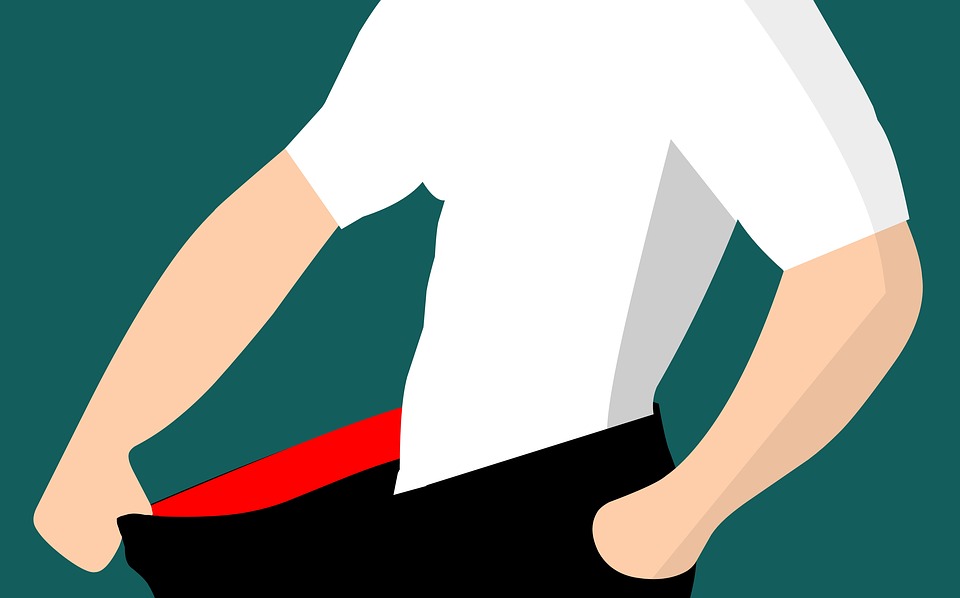
20 Painless Methods of Cutting Calories to Lose Weight
Slashing the calorie content in your foods remains one of the most effective ways of cutting calories to lose weight and prevent obesity. But how exactly do you do that without going overboard?
This article explains some tested-and-trusted methods of cutting calories to initiate a healthy weight loss. But first, here’s what you need to know.
Ingesting too many calories per meal can significantly increase the chances of obesity. Furthermore, obesity can impact your health negatively and reduce your active participation in daily activities. As if the above two are not enough, this can also lead to severe conditions such as high blood pressure, heart disease, cancer, and many more.
There is, therefore, a need to control your weight gain through a strict calories-watch plan. Among other benefits, this will help you to live a healthy lifestyle while maintaining normal body weight.
Ready to Restructure Your Eating Habits?

Cutting calories to lose weight may require dropping some old eating habits and adopting new ones. Here are some of the best strategies to deploy for intelligent cutting down of your calorie intake:
- Reshuffle your shopping list: Change your shopping method. Ensure that you eliminate food items with high calories. Find alternative food items to replace the removed food items. For instance, instead of buying coconut oil for cooking, you can opt for refined groundnut oil, or preferably any other oil of choice.
- Change your cooking style: Your style of cuisine may contribute to the high calories ratio of a particular dish. If you’ve developed the habit of adding many ingredients with high-calorie value in your meals, try to minimize it. This will not only guarantee weight loss, but a healthier life will be assured.
- Visit the restaurant less: Owing to the fact that restaurants cater to different categories of people that visit for food, the chef will try recipes that favor the average customer. In order to please everyone, she or he might prepare meals with higher calorie content than you would normally eat at home. Always prepare your food at home and carry it along with you. This will help you to know when you’re consuming food with a high calorie value.
- Dine with friends: If you find it difficult to eat alone, always eat with friends. Make out time to seek medical advice on the loss of appetite.
- Encourage yourself: Train yourself to abstain from your favorite food with high-calorie value. To avoid going back to your previous meal plan, adjust your shopping list accordingly. Build your body to adapt to the newly adjusted meal schedule, and always say a small mantra to yourself to keep in perspective why you are doing this.
- Drink more water: Drinking water aids in building a healthier weight. Consuming enough water is very necessary while seeking for weight loss. Try to stay hydrated above your normal water consumption rate.
- Create room for healthy fat: Endeavor to add healthier fatty foods to your normal food routine. This action will improve your chances of conquering weight gain by reducing calories. Avocados, dark chocolate, chia seeds. and oily fish are good options for good fat.
- Stay focused: Distractions can increase your chances of piling on the weight during calories-rich meals because distractions lead to mistakes. Always stay focused as you prepare your food and eat.
- Avoid loneliness: Loneliness may cause you to eat food at a high calorie rate. Learn to lighten up your environment with fun and enjoy a benefiting, socially healthier life.
- Opt for vegetables and fruits: Fruits and vegetables enhance healthier weight as they contain fiber and vitamins. Our body is refreshed more and acquires more nutrients as well as good sugar when we consume vegetables and fruits. Unlike ingesting soda, for instance, the fructose you take in from say an apple will bring you satiety sooner, so you don’t go looking for fill-upper. Also, another study shows that soluble fiber is a magic charm for weight loss.
- Cut down on sweet food: Foods like sweetened yogurt, sweet snacks, and many dessert foods all fall into this category. Frequent intake of such foods can increase your sugar and calories level.
- Add protein to all meals: Always include proteins to every meal. This will provide your body with the entire nutrients required to give you energy.
- Use less cream-based sauces: Creamy sauces usually contain high calories values. Hence, it supports weight gain. Select a tomato-based sauce instead.
- Develop the habit of reading labels attached to food: Most times, we fail to check out the label attached to processed foods. This habit is very bad for someone seeking a calorie-free diet. Develop the habit of reading a product’s label whenever you make a purchase.
- Avoid junk food: Endeavor to stay away from junk food. Outline your food plan and adhere strictly to it.
- Form the habit of drinking water before a meal: This will aid proper digestion and consumption of low calories.
- Reduce your beverages consumption: Maintaining steady water consumption reduces your chances of drinking other forms of beverages. Water will keep you hydrated and helps you to minimize the intake of sweet drinks.
- Use fewer ingredients: Fewer ingredients automatically reduce the quantity and minimize the rate of calorie intake.
- Consume less sugar: Sugar highly contributes to obesity. Both brown and white sugar has a role to play in weight gain. Hence, learn to use sugar at a reduced quantity.
- Reduce exposure to food generally: Food availability is one of the major reasons why most people suffer from obesity. Reducing your food consumption ratio through less exposure to the same is a good method of conquering obesity. Apart from avoiding food with many calories, people with much weight gain should abstain from consuming large quantities of food generally.
Advantages of Low-Calories Diets
There are many benefits associated with low-calorie consumption ratio during weight loss. They include;
- Minimal calories levels: Generally, you control your calories count by a systematic plan to minimize calorie intake per meal. By reducing the ratio of calorie consumption, your calorie levels will be reduced as well.
- Significant weight loss: Once you restructure your calories consumption rate, you will observe a huge reduction in weight.
- Reduces illness resulting from excess weight: Individuals with excess weight gain are prone to experience chronic diseases such as Osteoarthritis, stroke, cancer, heart diseases, etc. Cutting down the rate at which you consume calories will enable you to live a healthier life.
- Might prolong your life span: Since calorie consumption results in weight gain and an unhealthy lifestyle, together, these can reduce one’s life span. Reduced intake of calories will guarantee a healthier life, which in turn will prolong the life span of the individual.
When you struggle with weight due to a high-calorie diet, it is a struggle not just to lose weight but also to maintain a healthy weight thereafter. You can start the process of cutting calories to lose weight by following these tips. And you will notice a significant improvement in your health while achieving your weight loss goal.




